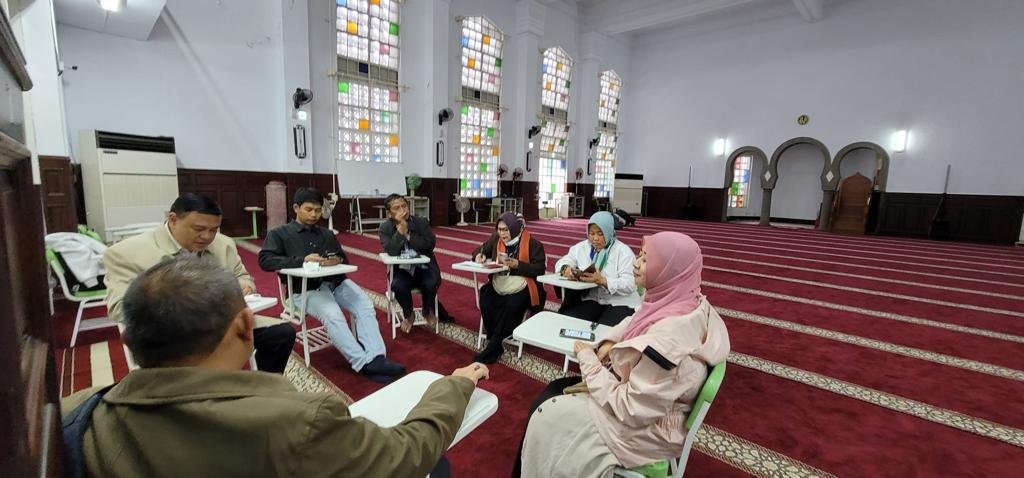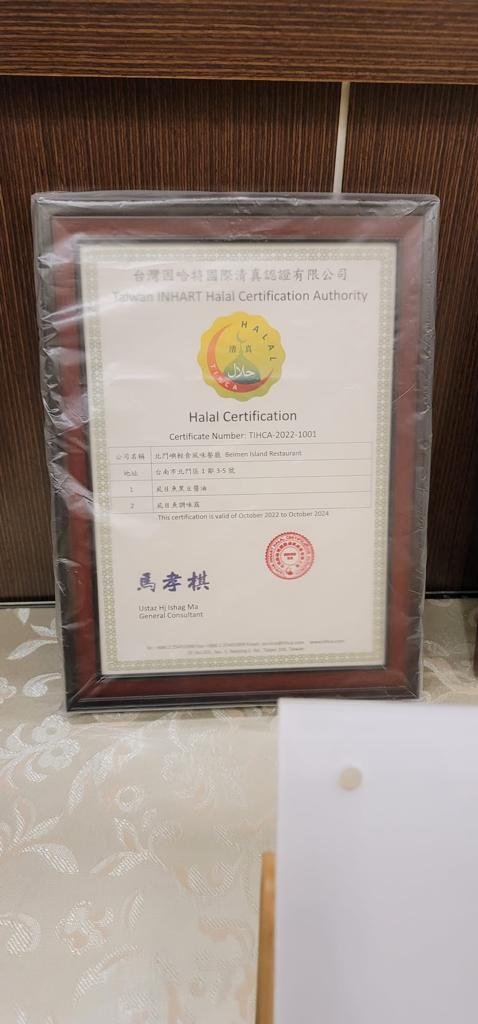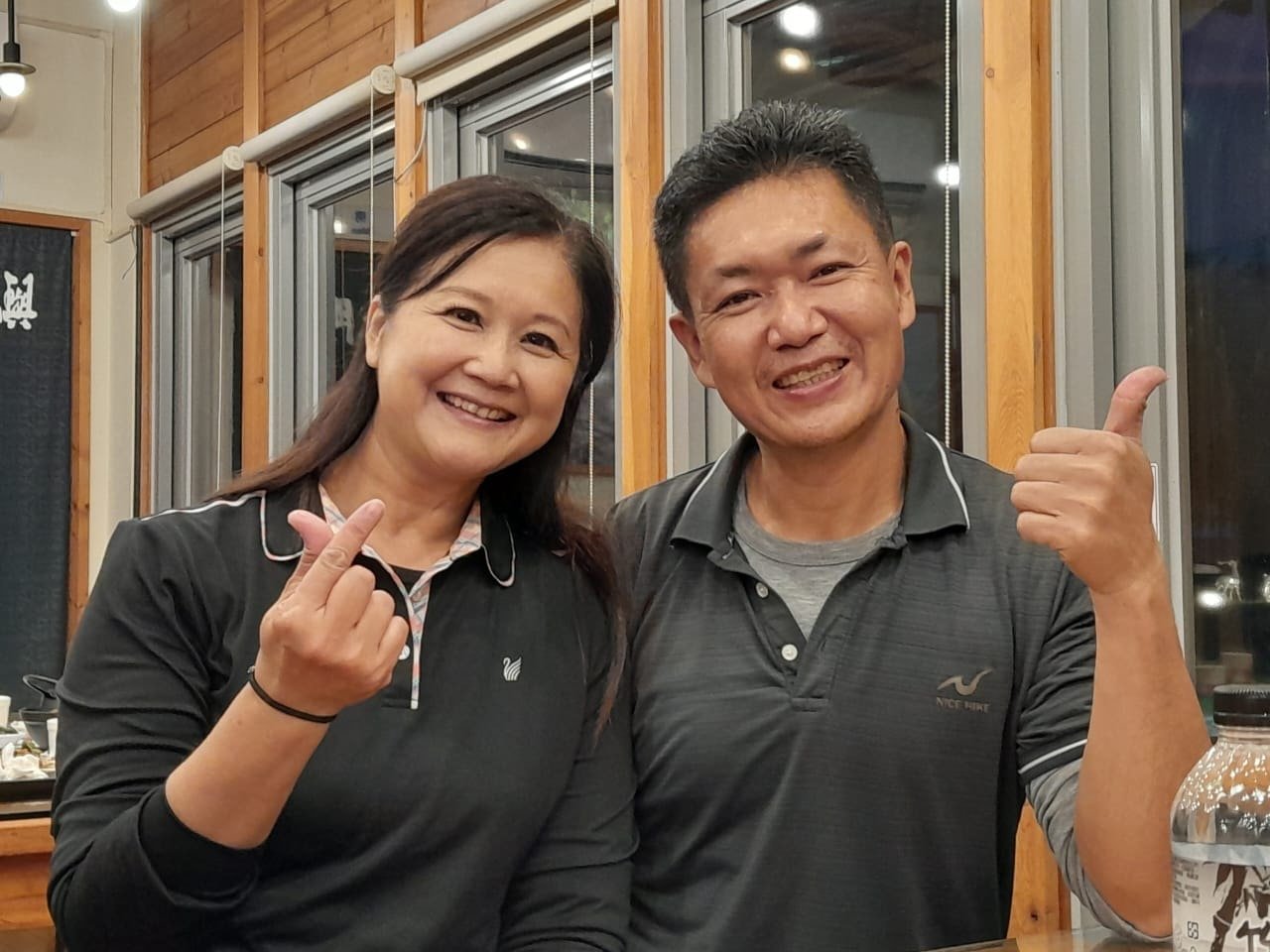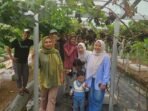By : Retno Intani, Editorial Board of Indonesiatoday.co & Head of the Education Division of the Central Indonesian Cyber Media Union (SMSI Pusat).
Taipei, Taiwan. Taiwan, an island located at the western end of the Pacific Ocean, about 160 km off the coast of Mainland China. The country consists of a main island called Taiwan and a number of smaller offshore islands. It has a land area of about 36,000 km2 with a population of 23.5 million. Not too wide but quite dense.
Taiwan used to have 19 indigenous tribes which were then reduced to 14 tribes. The majority of Taiwan’s population comes from the Han Chinese who migrated to the main island of Taiwan since the 1600s.
Taiwan not only has amazing natural beauty but also offers hospitality and openness in the religion and culture of its people.
Buddhism and Taoism are the largest religions, with a Confucian code of ethics. The Moslem population is a minority, who have inhabited Taiwan since the 1660s. They were Chinese soldiers under the leadership of the Ming Dynasty Koxinga which overthrew the Dutch colonial troops.
David Wei-Chun Hsieh, General Director of the Taiwan Tourism Bureau said “Taiwan is home to more than 170,000 Moslem who can pray at six mosques in Taipei, Taoyuan, Taichung, Tainan and Kaohsiung.” The SMSI delegation consisting of Aat Surya Safaat, Jon Heri, Umi Syarifah, Yono Hartono and myself at the invitation of the Director General of the Tourism Bureau of the Ministry of Transportation and Communication of Taiwan was facilitated by TETO had the opportunity to pray dzuhur and ashar prayers at the Taipei Grand Mosque.
This mosque is large enough to accommodate around 500 worshipers and consists of two floors, located at the Da’an Park intersection in Taipei City, precisely on Jalan Xinsheng sector 2 no 62, Taipei. This mosque was officially opened in April 1960 and funded by the Taiwanese government and donations from Saudi Arabia and other Muslim countries. For more than 50 years the Taipei Grand Mosque has been the destination for Muslim guests when visiting Taiwan.

One of the volunteers from the Grand Mosque who had received the arrival of the SMSI group was Novi Irmania, an Indonesian student studying Biomagical Science at China Medical University.According to her, many of the mosque management volunteers come from Indonesia.
Apart from the Mosque Council, the Muhammadiyah Special Branch Leaders (PCIM) Taiwan and the Nahdatul Ulama Da’wah Institute actively revive mosque activities including Child Care Centers when parents work, opening Al-Quran learning classes on Saturdays and Sundays, together with the Chinese Muslim Association to provide enlightenment regarding the Moslem prayer room and halal restaurant, bazaar and others.
“Taiwan is ranked 2nd in a non-Moslem country that promotes Moslem-friendly tourism,” said Novi. According to her, since July 2022 until now there are around 70 people who have pledged to convert to Islam in Taiwan. “Almost every month this mosque serves converts.” she continued.
In Taipei there are two mosques. Apart from the Grand Mosque, there is also the Taipei Cultural Mosque which is located on Jalan Xinhai Lane 25 no 3, Taipei. The Taipei Cultural Mosque was completed in 1984 with five floors and the architecture and building motifs follow the classical Islamic style.
Moslem friendly The term Moslem-friendly can be interpreted as making it easy for Moslems to fulfill their daily obligations as a Moslem. The mosque is a pillar for Moslems to be able to pray. Taiwan, whose majority is not Moslem, has opened up itself by providing prayer rooms in halal restaurants complete with prayer mats.

Many restaurants have been labeled “halal” with a certificate from the local authority, namely the Chinese Muslim Association. The requirements for obtaining a halal certificate, outlined by the Tourism Bureau, Taiwan’s Ministry of Transportation and Communication, include to take part in training on halal restaurants or an understanding of friendly Muslim restaurants provided by the Chinese Muslim Association.
Apart from not cooking pork, during the training, they were also trained to separate cooking utensils and ingredients in the kitchen. So, a halal-certified restaurant has two kitchens. One kitchen with equipment and food ingredients for general cooking, the other kitchen with equipment and food ingredients for cooking halal food. Pak Hong, the owner of the halal restaurant Beimen Island Restaurant in the Beimen district in Tainan, is not a Muslim and besides owning a restaurant in Beimen that is labeled halal, he and his wife also own a restaurant for general cuisine in Taiwan called ‘Tian Mama’.
Pak Hong as an entrepreneur took advantage of the opportunity to open a halal restaurant. He attended halal restaurant training and prepared the required infrastructure so that he succeeded in obtaining a halal certificate. When asked whether there is no loss because there are not many halal consumers. He replied that as an entrepreneur he must be keen to see opportunities.

“Right now there may be few consumers but later we will not know…” he said. The ‘Tian Mama’ restaurant which is managed by his wife often has guests from tour groups and if there is a request for halal food in the group, his wife will ask the Beimen Island Restaurant which is managed by Mr. Hong to cook it and deliver the food to the ‘Tian Mama’ restaurant.
Moslem Friendly Tourism can also be experienced in hotels. In addition to halal food, hotel rooms prepare prayer rugs and Al-Quran in desk drawers as well as Qibla direction signs. In our homeland, usually a Qibla direction sign is pinned on the ceiling of the room. In Taiwan, it is placed in a drawer under the prayer rug and the Quran is side by side with other holy books. Hotels give hospitality to every guest.
When our group arrived at the hotel in the Lihpao Land area, Taichung, they welcomed us by not cooking non-halal food so we didn’t have to worry about the menus that were served. Mosques, temples or churches in Taiwan stand out among the glittering skyscrapers. The festivals continued. A night market that sells food and various consumer needs can be found amidst the sturdy heritage buildings of the ancestors from the imperial era. Everything impresses religion, tradition and modernity combined in harmony. (RI)











